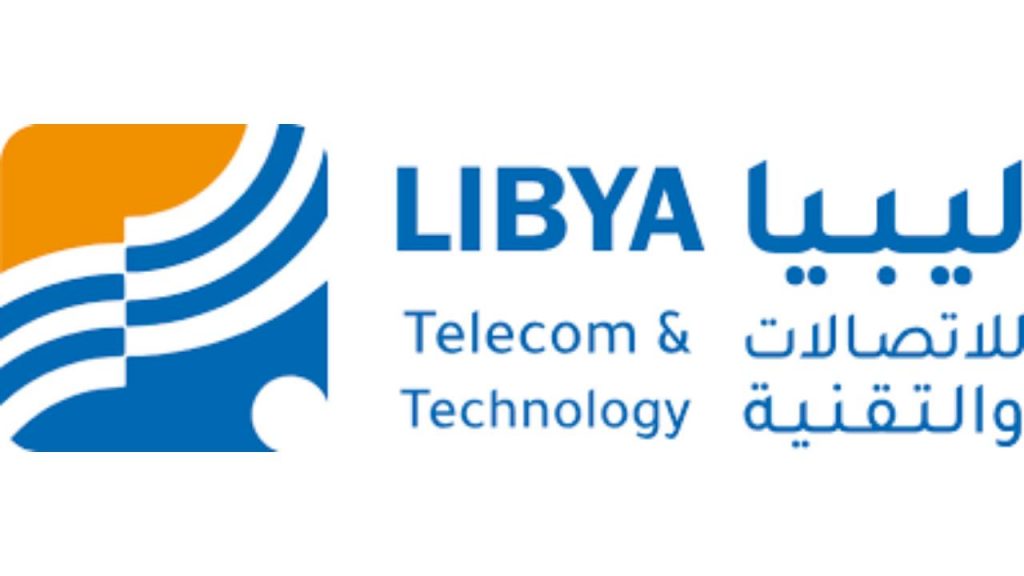- LTT operates under a state-owned telecom holding structure, focusing on internet infrastructure and national coverage.
- The company plays a pivotal role in stabilising post-conflict communications and enabling digital access for citizens.
Telecommunications integration for national recovery
Libya Telecommunications & Technology (LTT), the country’s primary Internet Service Provider, is part of the state-backed telecom holding company established under Prime Ministerial Resolution No. 63 of 2005. The umbrella company also owns other key national telcos, including Libyana, Al-Madar, and Libya Hatif. The group was formed to consolidate telecom operations, boost infrastructure investment, and expand internet and mobile coverage to underserved communities across Libya.
As the main internet gateway, LTT has taken on the task of restoring digital access amid ongoing instability. It offers fixed and wireless broadband, including VSAT and DSL services, while working alongside Libya Hatif to support fixed-line connectivity. The government sees LTT’s role as vital in modernising ICT services in both urban centres and remote areas. Despite limited private sector competition, LTT has focused on ensuring network continuity and localised expansion during periods of infrastructure disruption.
Also Read: FutureNet World 2025: Network automation & AI
Also Read: Internet Day 2025: Shaping the Future of Connectivity
The Challenge of digital infrastructure and governance
LTT’s resilience is critical in a country where infrastructure has been repeatedly damaged by civil unrest. With Libya’s reliance on a centralised state model for telecommunications, the performance and independence of LTT could determine how quickly citizens regain access to essential digital services. The broader question remains: can a single state-backed entity deliver modern, competitive connectivity?
Regional governments are increasingly turning to public-private partnerships to accelerate innovation. For Libya, the challenge lies in turning legacy infrastructure into a scalable, secure, and commercially viable platform. In this context, LTT’s strategic positioning could either drive progress—or bottleneck it, depending on regulatory openness and long-term investment.

